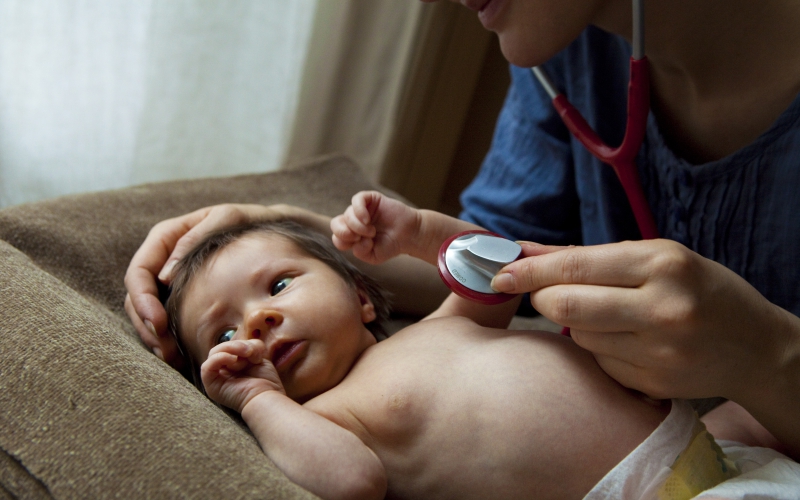Hormonal Treatments for Menopausal Symptoms: An Overview
Hormone therapy is considered the primary treatment for the symptoms of menopause. But before opting for it, a health professional will go through your medical history and health condition with respect to the benefits and risks pertaining to it.
Quick Fact:
Women suffering from post-menopausal symptoms can also benefit from (HRT) hormone replacement therapy.
The Benefits and Risks of Hormone Replacement Therapy (HRT)
As you may be going through menopause, your ovaries can no longer produce the levels of estrogen and progesterone that they used to. When the levels of these hormones is decreasing in the body, it can relate to many uncomfortable symptoms including hot flashes, vaginal dryness, insomnia, mood swings, night sweats etc. As a result, hormone therapy can boost the levels of this hormone and help in relieving some of the symptoms.
Types of hormone therapy (HT)
While it depends upon your health care professional to whether consider HT or not, there are two main types of hormone therapy that are considered best during menopause:
• Estrogen therapy: In this therapy, estrogen will be used alone. During this procedure, a low dose of estrogen in the form of pills or patches may be prescribed for each day. Besides, estrogen may also be given in the form of cream, gel or spray which can help in relieving menopausal symptoms along with preventing bone loss.
• Estrogen Progesterone or Progestin Hormone Therapy: As the name suggests, this therapy is also known as combination therapy. In this therapy, a combination of estrogen and progesterone is provided for the patients. Sometimes, progestin may be used instead of progesterone, which is a synthetic form of the same. This may be given in the form of pills or patches as well.
Conclusion: Taking Control of Your Menopausal Journey with the Right Hormonal Treatment
Besides relieving the symptoms of menopause, HT concurs with other health benefits including reducing the risk of bone loss, improving mood, decreasing tooth loss, lowering the risk of diabetes and colon cancer, etc.


 Toll Free Number
Toll Free Number















